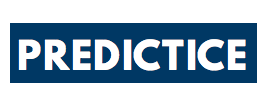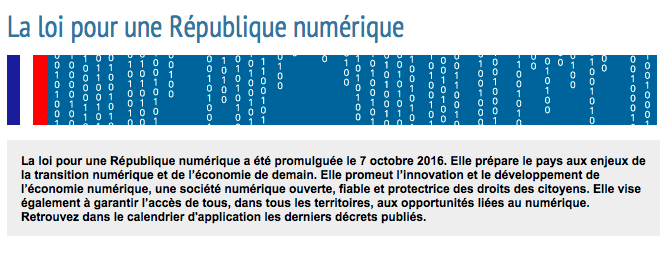
Global insurance company, Allianz, has chosen French legal AI company, Predictice, to help it with litigation analysis and case prediction, as the Paris-based start-up goes from strength to strength.
Louis Larret-Chahine, Managing Director and co-founder of Predictice, told Artificial Lawyer that the litigation analysis company was seeing a lot of attention from insurance companies now.
‘Insurance companies can face hundreds of cases and they want an idea of the risks involved and the odds of success in litigation,’ said Larret-Chahine.
‘They want to assess a case and then take the best decision,’ he added, which would involve using Predictice to analyse a new matter then quickly compare it to previous cases that had similar aspects to provide an assessment.

For example, they may be able to see patterns that indicate how much a new case may cost to settle, when such a case is likely to settle, what kinds of damages may be awarded if contested, or how long a court case may last. For a large business that receives a high volume of claims, being able to manage this risk and plan ahead becomes something akin to financial management, as much as it is about legal matters.
Larret-Chahine added that they are now working with several other major insurance companies, including AXA. Beyond working with insurance companies, they have clients among several major law firms, including Dentons and Taylor Wessing. But the French legal tech company has now also been able to find law firm clients across the country, in regional markets and cities, he said.

Larret-Chahine also explained that now was a very good time to be involved in case law analysis in France as the country was making publicly accessible – and free of charge – millions of court documents in digital form.
There had already been a move to make public appeal court case documents, but as part of a wider project, La loi pour une République numérique, many hundreds of thousands of cases from the lower courts will also now be made digitally accessible.
This naturally is a huge boost to any AI company seeking out data on which to train its system and to help find new and deeper patterns in massive legal data sets.
And, it’s also worth considering for a moment La loi pour une République numérique , or ‘The Law for A Digital Republic’, which launched in October, 2016, and is steadily digitising nearly all aspects of French public information for the greater good and economic growth.
The French Government site for the law states that its goal is:
- ‘To liberate innovation by circulating information and knowledge,
- To arm France against the global challenges of the data economy.
- Create a clear trust framework, guarantor of user rights and protector of personal data.
- Build an open and inclusive Digital Republic, so that opportunities related to the digital transition benefit the greatest number.’
That seems a very smart and positive step, which will certainly help AI companies in many sectors, not just legal. As, where there is accessible digital data there is an opportunity to learn and develop useful tech applications.
Overall then, some very positive news coming out of France with regard to legal tech and the adoption of legal AI. Artificial Lawyer would very much welcome news from other French legal tech start-ups and those interested in legal AI.
—
Details of the French Digital Republic project, which includes many sectors and aspects of the Government. Digitising court data is one part of this ongoing project.


1 Trackback / Pingback
Comments are closed.